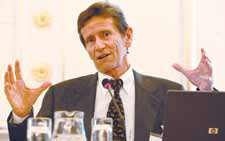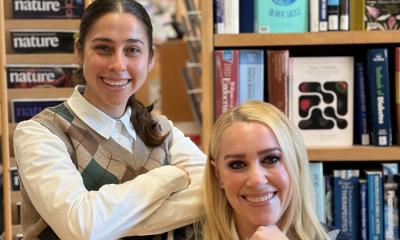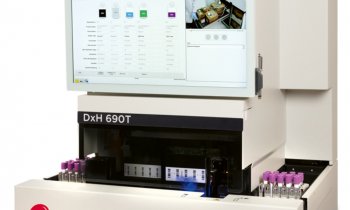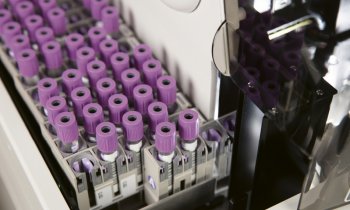The Max Harry Weil Lecture at the ISICEM 2012
With his clinical and experimental research on the acute care of critically ill patients through round-the-clock monitoring of the vital functions Max Harry Weil revolutionised intensive care medicine and became known as its founding father. He died in 2011 in California, aged 84. Thus the first Max Harry Weil Lecture will be held in his honour at this ISICEM.

The Quality of ICU care: Science and humanity lecture will be delivered by Professor Peter M Suter, who has delivered outstanding services to the promotion and development of intensive and critical care medicine. As former president and current vice president of the Swiss Academy of Medical Sciences (SAMW) he is committed to the establishment of ethical guidelines for borderline situations at the beginning and end of life.
What are the characteristics of quality in intensive care medicine? According to Prof. Suter it is not only about a patient’s survival. ‘Patients and their relatives cannot really judge what the chances of survival are in the case of a critical event. What they will remember is how well doctors and nurses looked after them. Therefore, attention and sympathy play a much more important role then conventionally assumed.’ Although there is no empirical proof of a direct connection between the chance of survival and humanity, good contact with the patient and their relatives nevertheless appears to have an impact on the chance of survival.’
To find out to what extent one’s own human competencies stretch, it is not good enough to hope for spontaneous responses. The expert recommends actively soliciting the patient’s opinion: ‘This should be done by way of a personal conversation at the end of the hospital stay, and then also later via completion of a written questionnaire.’ Human empathy is even more important in those cases where the prognosis is bad or hopeless, he emphasises:‘This means that you need to talk to the patient and his/ her relatives as early as possible about their ethical values and about which life-saving measures they no longer want.’
Further training can also help to discover one’s own strengths and weaknesses in this field. Practical case study discussions using the examples of actual patients from day-to-day clinical life can be particularly helpful: What worked well when we looked after this patient and what didn’t? Prof. Suter also pleads for more emphasis on the subjects of ethics and communication during scientific meetings: ‘This is not necessarily something that has top priority for the participants of symposia or congresses, but I am sure you can make these contents more interesting to make them more attractive to participants.’
The problem that economic conditions often leave no time for interpersonal relationships still remains. However, he believes it is important to create some time and space for this. ‘Obviously the hospital management has a primary interest in looking after as many patients as possible in the shortest possible time. This is why you have to fight for certain issues, such as ensuring that there are always enough doctors and nurses available. However, even on the intensive care ward it’s possible to take the initiative and ensure that these matters are given priority.
‘Doctors are always very interested in progressive technologies and will often spend hours trying to fit special catheters or to understand a new device. This is important, but technology by the bedside should always contribute towards a situation where we create more time for the patient and should not lead to a situationwhere we lose contact with people.’
####
Peter Suter is an Honorary Professor at the University of Geneva, where he headed the Division for Surgical Intensive Care Medicine, was Director of the Department for Anaesthesiology, and in 1995 became Deacon of the Medical Faculty.
During his career he has also been President of many leading organisations, including the European Society of Intensive Care Medicine, Swiss Society of Intensive Care Medicine, World Federation of Societies of Intensive and Critical Care Medicine and the Swiss Academy of Medical Sciences (SAMW). Among his c. 200 scientific publications, his particular focus has been on respiratory insufficiency, lung mechanics, pathophysiology and mediators, as well as on acute respiratory failure, nosocomial infections and sepsis.
23.02.2012








